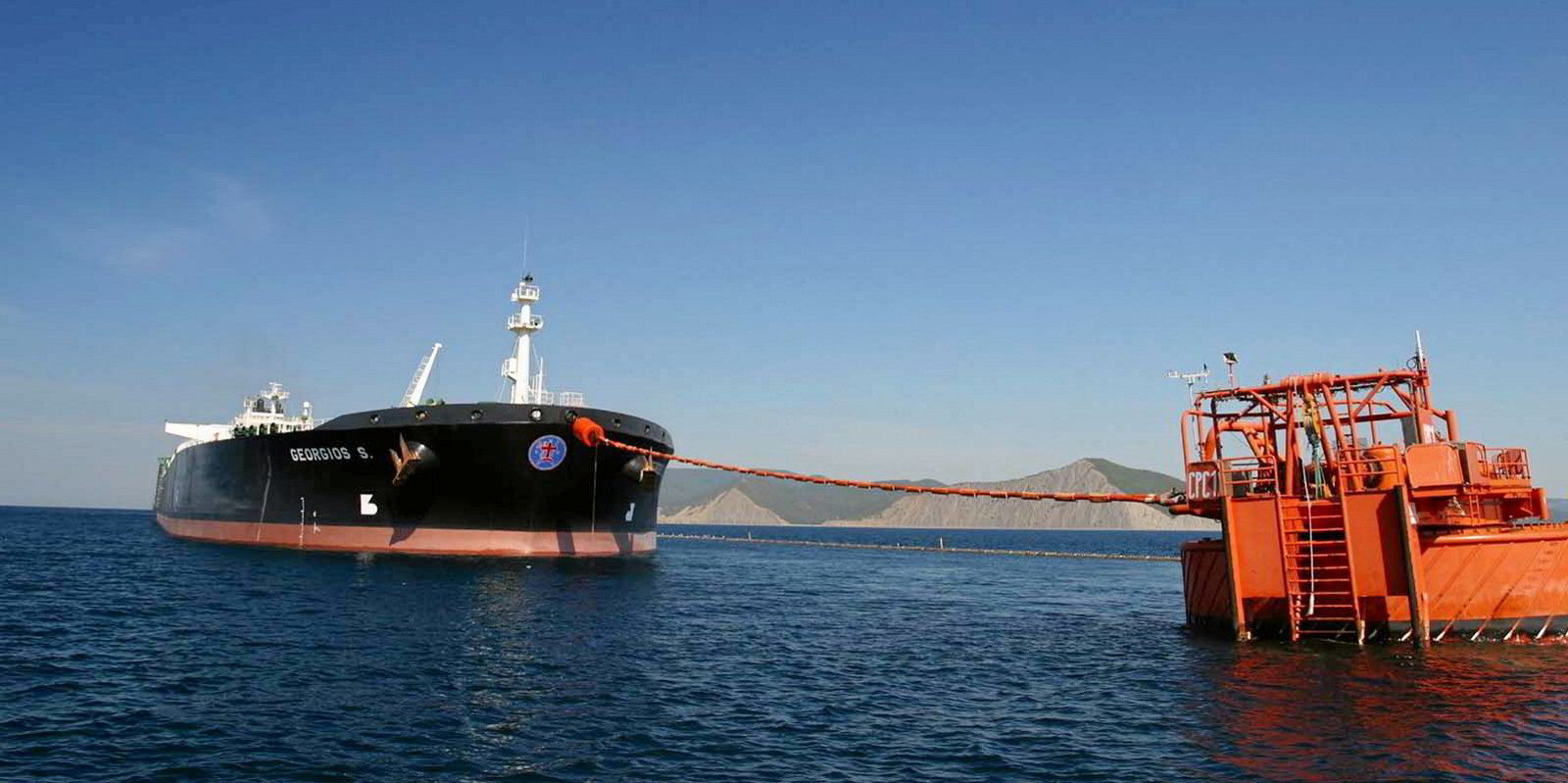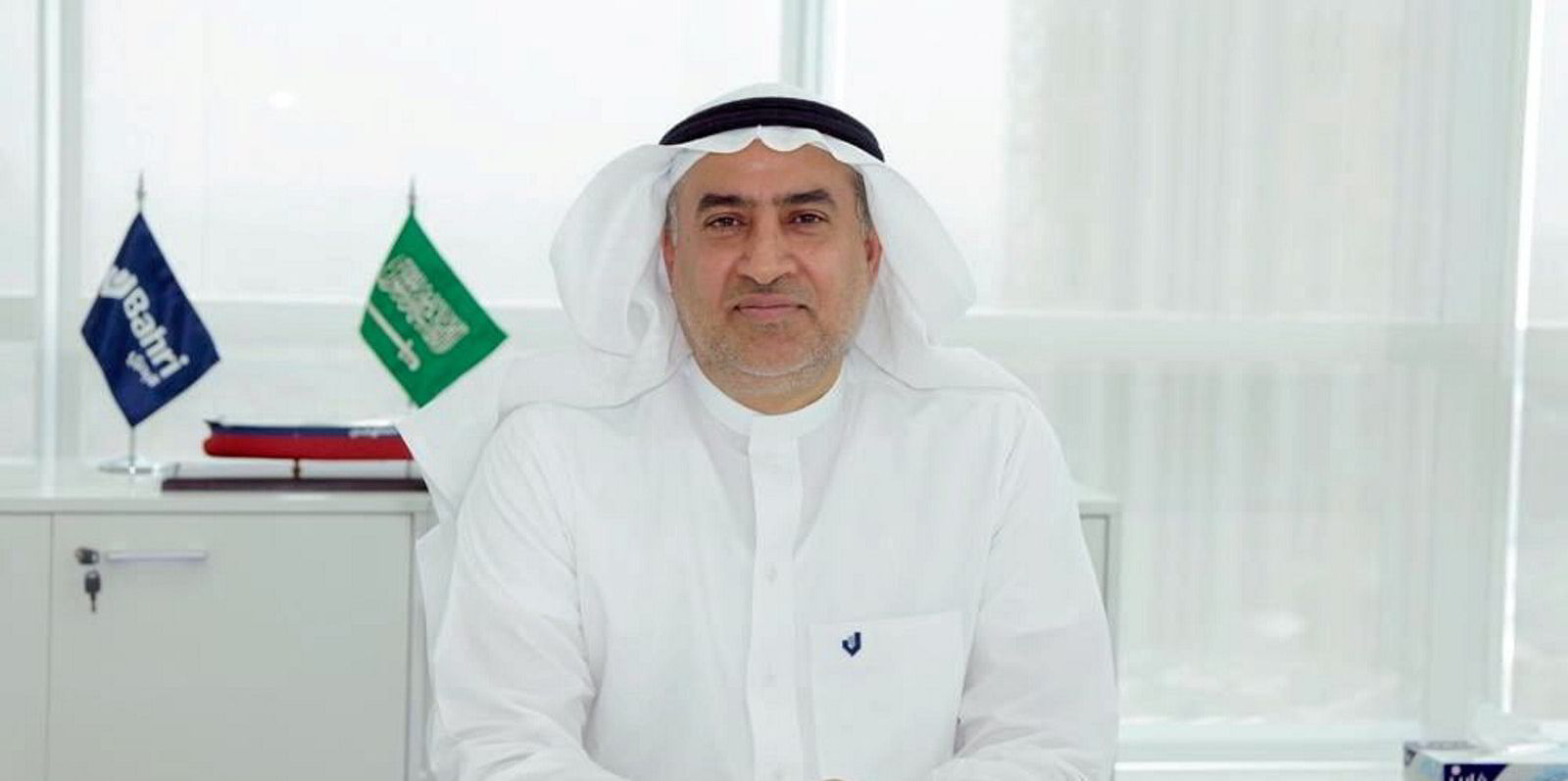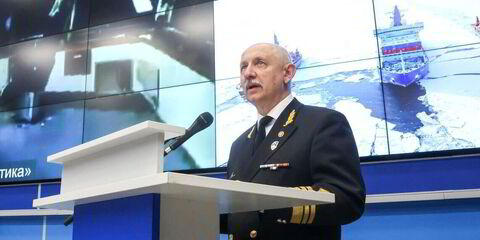The Caspian Pipeline Consortium (CPC) has some good news for tankers as it resumes normal loadings from its terminal near the Russian Black Sea port of Novorossiysk.
The terminal, which exports a blend of 90% Kazakh and 10% Russian crude, is back up and running after two of three single-point mooring buoys were damaged in a storm last month.
Brokers have said this will be a boost, particularly for aframaxes, but elsewhere there were reports of Russian crude producers forced to offer cargoes on the open market — and finding few takers.
CPC — a joint venture including Transneft, Rosneft, Shell and Chevron — said repairs were completed on 23 April, enough to cope with regular exports.
This was due to improved weather in the area, allowing diving work to be carried out and a pipeline end manifold to be opened.
CPC and contractors had earlier flushed the single-point mooring with the help of a tanker, replaced damaged floating hoses, and successfully hydro-tested and checked all systems.
The repaired buoy loaded its first crude onto the Delta Tankers-owned, 157,000-dwt suezmax Delta Commander (built 2010).
No date has yet been set for the third buoy to return to operation.
French shipbroker Barry Rogliano Salles said the latest ship-tracking information implies that in the week ending 22 April, loadings averaged 1.05m barrels per day (bpd) from CPC — around 33% less than the levels before the storm hit.
UK broker Howe Robinson Partners said there had been minimal aframax activity in the Mediterranean to start the week.
Activity to increase
But CPC enquiry should pick up as charterers start to look at the second 10 days in May for liftings.
There have also been some “noises” about a partial resumption of Libyan exports from Zueitina and Brega following force majeures caused by militia attacks.
This may encourage charterers to work cargoes forward following a big drop in rates at the end of last week.
BRS noted Russian producers continue to face headwinds selling their crude.
The most obvious manifestation of this has been companies such as Rosneft issuing rare crude tenders for barrels that would otherwise be already committed to third parties under long-term financing schemes.
“Furthermore, initial reports suggest that these tenders are attracting few buyers due to Russian producers’ insistence that the barrels be paid for in roubles before the barrels can be lifted,” the broker said.




